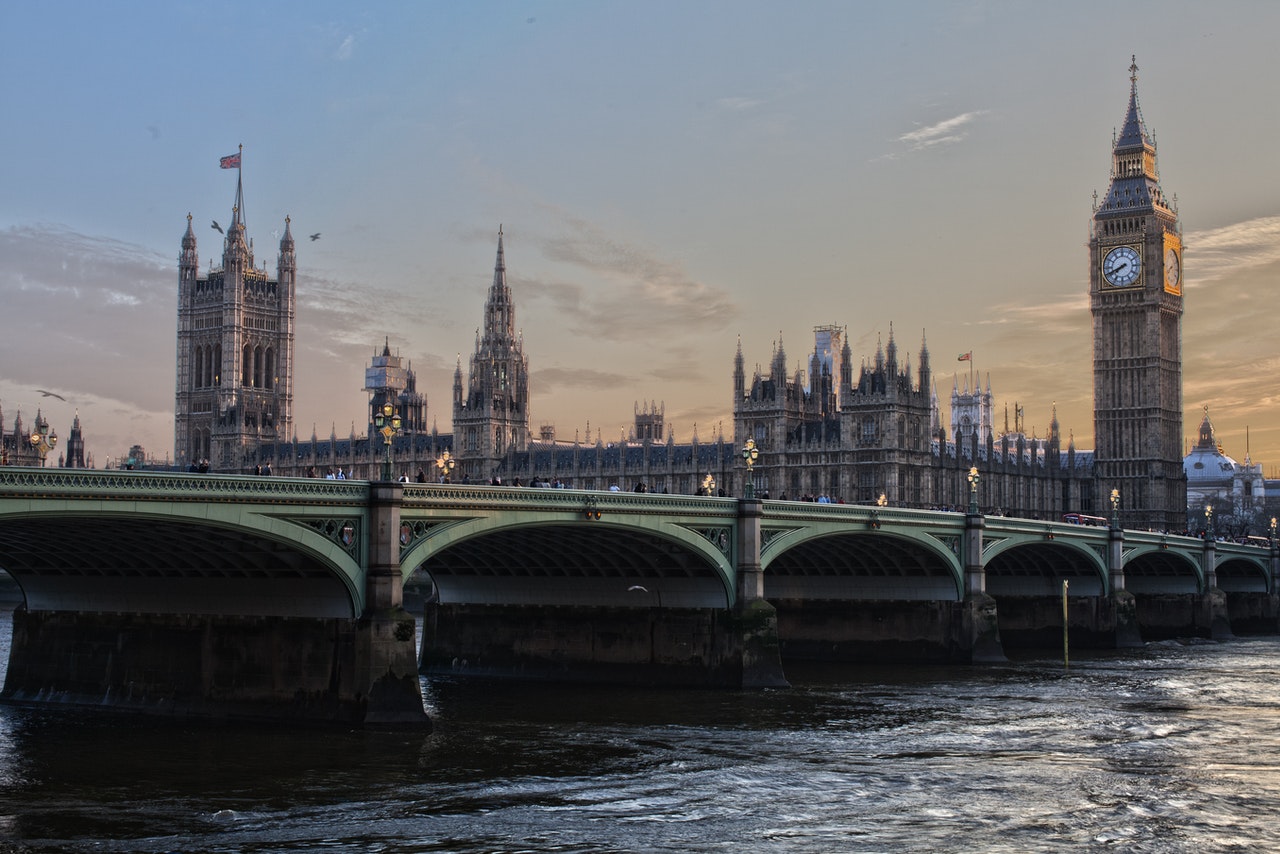It has been almost three years since the United Kingdom officially left the European Union in 2020. Since then, over 2,000 UK citizens were ordered to leave EU countries, 115 of whom were ordered to leave by Malta.
The UK officially left the EU at midnight on 31st January 2020, with freedom of movement restrictions being removed on 31st January 2021.
While many UK citizens secured residency or the right to stay in the EU country they were residing, those asked to leave were mainly asked to do so based on judicial and administrative decisions. Examples include failing to meet residency or visa requirements, or having committed crimes.
In Malta’s case, a total of 70 UK citizens were asked to leave for the express reason that they had overstayed, meaning they were in Malta for more than 90 days without a visa or residency permit. Some 45 citizens therefore would have been asked to leave over other reasons, for instance they have been found guilty of committing a crime.
In 2021 alone, Malta went ahead and deported 70 UK citizens – the most in the EU. It is unclear whether all of the UK citizens who were initially asked to leave for overstaying were subsequently deported.
The number of UK citizens who were asked to leave is dropping every year, with data for 2022 demonstrating only 45 UK citizens were asked, according to recent data published by Eurostat.
Despite Malta being part of the Commonwealth of Nations, a political organisation of 56 countries which can give citizens within the organisation preferential treatment with the UK and vis versa, Malta abolished preferential treatment for Commonwealth citizens in 1989, treating them the same as any other foreign citizen.
‘Science in the Citadel’ returns for its fifth edition
Science researchers and experts will be present at the event for meetings and workshops
Malta International Fireworks Festival returns in April
The 2024 iteration of this event will include pyrotechnic shows in Valletta, Marsaxlokk, Nadur, Mellieħa and the Grand Harbour
Mazzit may get special certification as a typically Maltese product
The MCCAA has launched a public consultation about the mazzit’s Protected Geographical Indication rating






